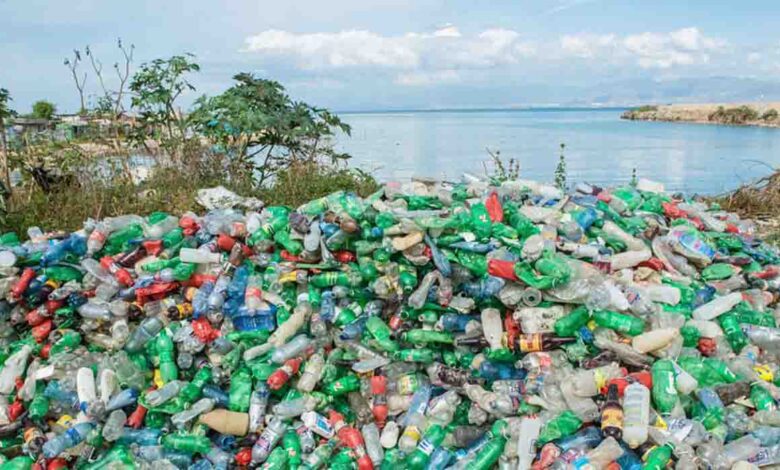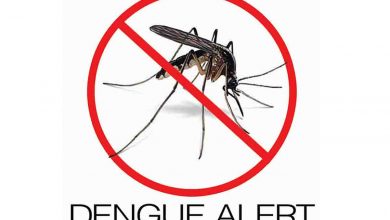Adverse effects of plastic on the environment and health

Monday, 22 April 2024
 Manindra Mohan
Manindra Mohan
The most important and deep relationship of human beings is with the planet Earth but the increasing pollution and destructive activities of human beings are hurting the Earth, hence its entire ecosystem is spiralling out of control. Plastic, which was considered a boon, is now becoming a challenge for the environment and health. Although plastic has many important uses with socio-economic benefits, unfortunately its serious environmental and health-related impacts can prove fatal. Research shows that micro and nano particles of plastic are absorbed through breath and intestine and reach various parts of the body like liver, kidney, lung, spleen, brain and blood. Recent studies have revealed the presence of microplastics in the placenta of newborn babies. The complete information is still unknown. Despite this, scientists have discovered the harmful side effects of plastic on human health.
According to published data, a team of European scientists has confirmed the presence of 16,325 chemicals in plastic. Of these, 26 per cent of the chemicals are harmful to both human health and the environment. In a report published earlier by the United Nations, it has been said that there are about 13,000 chemicals in plastic. According to the facts, the increasing interference of single-use plastics has rapidly affected the cities as well as the remote hilly areas.
Due to non-scientific disposal of plastic and burning of it, the deadly dioxin-rich smoke it emits causes lung diseases including cancer, while its toxic chemicals are making soil and water unusable. A study published in the journal Science Advances states that micro particles of plastic, i.e. nano plastic, increase the risk of Parkinson’s disease by coming in contact with a special protein found naturally in the brain. A study by scientists at The University of New Mexico and Health Sciences has revealed that fine plastic particles affect the human digestive system.
Studies also show that plastic is directly linked to climate change. Plastic is produced from oil and gas- which are both fossil fuels. Using more fossil fuels to produce more plastic increases greenhouse gases in the environment, this causes climate change. Dr Tedros Adhanom Ghebreyesus, director general of the World Health Organization, said in a statement that the Earth is getting sick and climate change is harming health.
The summary is that despite all the claims of plastic ban and penal provisions in the country, the amount of plastic waste is increasing day by day and the efforts being made to prevent it are inadequate. As a result, the harmful side effects of plastic are increasing, the consequences of which ultimately affect the people of the Earth. Therefore, there is a need to make effective efforts on the ground to deal with the increasing problem of plastic and pollution on the Earth. The time has come for every person to become self-motivated and aware and think seriously about boycotting plastic and its production, use and disposal. Otherwise, it is the eternal law of nature that whatever we give it, we will get it back.
(Mohan is a scientist in Uttarakhand Council for Biotechnology, Pantnagar. Views expressed are personal)






